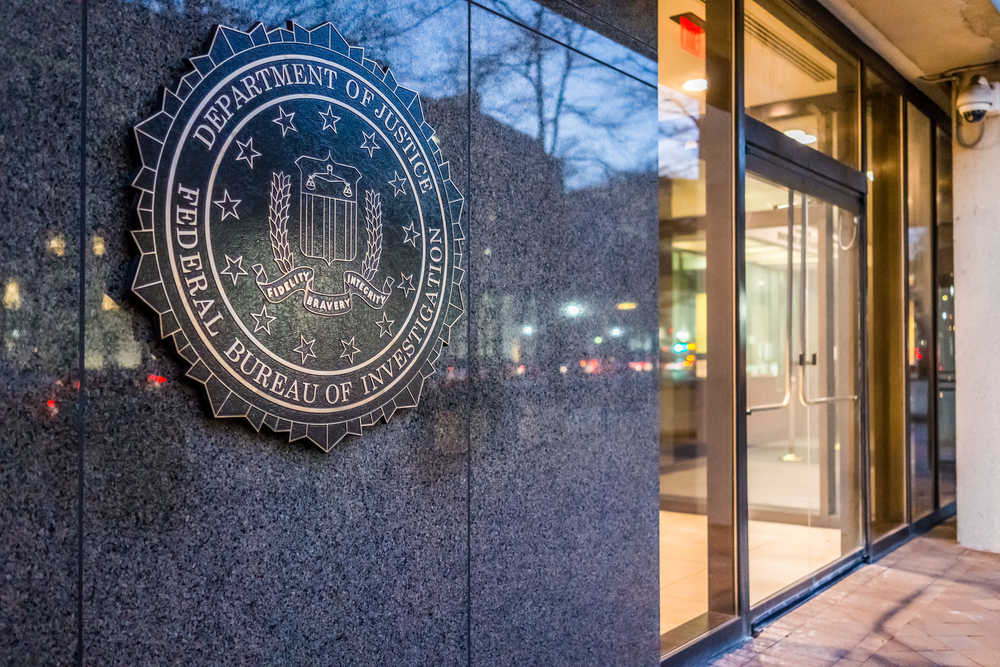Fortinet FortiOS vulnerabilities are being actively exploited
Malicious actors are exploiting the flaws to gain access to systems belonging to government and commercial entities


US agencies have warned of vulnerabilities in Fortinet's FortiOS that malicious actors are exploiting to gain access to systems belonging to government and commercial entities.
The FBI and US Cybersecurity and Infrastructure Security Agency (CISA) released a statement detailing that they had observed Advanced Persistent Threat (APT) actors scanning devices for a number of vulnerabilities.
The agencies warned that it was likely the hackers were looking to gain access to multiple government, commercial and technology services networks.
“APT actors have historically exploited critical vulnerabilities to conduct distributed denial-of-service (DDoS) attacks, ransomware attacks, structured query language (SQL) injection attacks, spearphishing campaigns, website defacements, and disinformation campaigns,” stated the group.
The FBI and CISA explained that the APT actors are using multiple CVEs to exploit Fortinet FortiOS vulnerabilities - CVE 2018-13379, CVE-2020-12812, and CVE-2019-5591.
The first exploit, CVE 2018-13379, allows an attacker to download system files via special crafted HTTP resource requests. It has a CVSS score of 9.8 according to the National Vulnerability Database.
The second vulnerability is CVE-2020-12812 which may result in a user being able to log in successfully without being prompted for a second factor of authentication if they changed the case of their username. It also has a critical CVSS score of 9.8.
Sign up today and you will receive a free copy of our Future Focus 2025 report - the leading guidance on AI, cybersecurity and other IT challenges as per 700+ senior executives
RELATED RESOURCE

The third vulnerability, CVE-2019-5591, allows unauthenticated attackers on the same FortiOS subnet to intercept sensitive information by impersonating the LDAP server. It has a high CVSS score of 7.5.
The agencies have also published a number of recommendations on the steps organisations should take to protect themselves. This includes immediately patching the three vulnerabilities, regularly back up data and password protect backup copies offline, require administrator credentials to install software and more.
In February, the CISA issued a warning that organisations using the Acellion File Transfer Appliance (FTA) were being targeted in attacks. Hackers had reportedly been exploiting the vulnerabilities to attack multiple federal and state government and private organisations. Attacks were also observed around the world, including in Australia, the UK and Singapore.
Zach Marzouk is a former ITPro, CloudPro, and ChannelPro staff writer, covering topics like security, privacy, worker rights, and startups, primarily in the Asia Pacific and the US regions. Zach joined ITPro in 2017 where he was introduced to the world of B2B technology as a junior staff writer, before he returned to Argentina in 2018, working in communications and as a copywriter. In 2021, he made his way back to ITPro as a staff writer during the pandemic, before joining the world of freelance in 2022.
-
 Microsoft unveils Maia 200 accelerator, claiming better performance per dollar than Amazon and Google
Microsoft unveils Maia 200 accelerator, claiming better performance per dollar than Amazon and GoogleNews The launch of Microsoft’s second-generation silicon solidifies its mission to scale AI workloads and directly control more of its infrastructure
-
 Infosys expands Swiss footprint with new Zurich office
Infosys expands Swiss footprint with new Zurich officeNews The firm has relocated its Swiss headquarters to support partners delivering AI-led digital transformation
